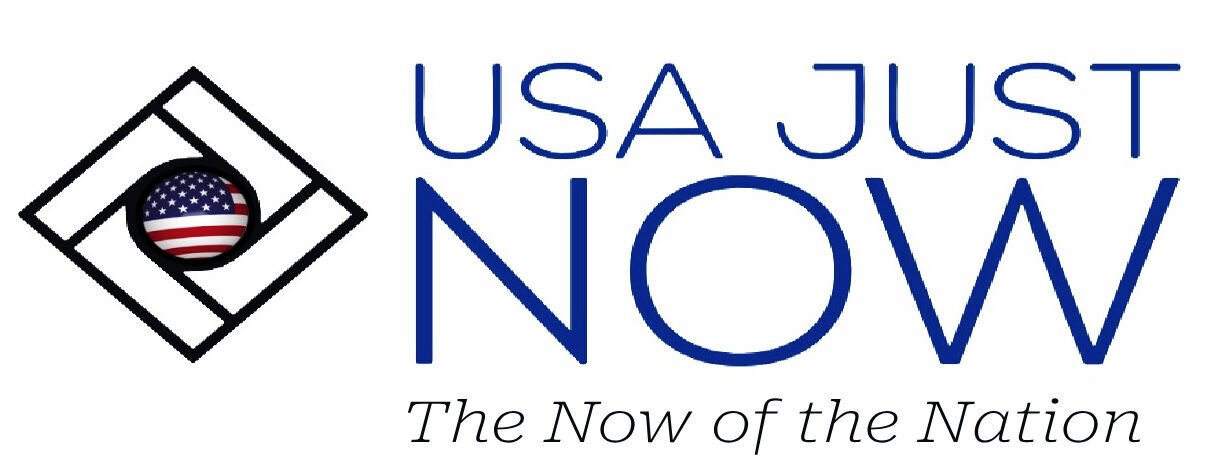Image: Dismas, CC BY-SA 3.0, via Wikimedia Commons
Burlington, Vermont – September 17, 2025 – Jerry Greenfield, co-founder of the socially conscious ice cream brand Ben & Jerry’s, has announced his departure from the company after 47 years. His decision, revealed via an open letter posted on social media by his long-time business partner Ben Cohen, attributes his exit to a perceived loss of the brand’s autonomy in championing social issues under the ownership of British conglomerate Unilever. This report draws on information from various credible news sources, including CBS News, Fox Business, AP News, Investopedia, CNN, and MSNBC.
Greenfield characterized his exit as “one of the hardest and most painful decisions” he has ever made, while emphasizing his continued affection for the people within Ben & Jerry’s. He stated that when Unilever acquired the company for $326 million in 2000, a key agreement ensured Ben & Jerry’s retained independence to pursue its values and social mission “in perpetuity”. Greenfield now believes this foundational independence “is gone,” expressing profound disappointment. He highlighted his concern that Ben & Jerry’s has been “silenced, sidelined for fear of upsetting those in power,” particularly at a time when he perceives the current U.S. administration as “attacking civil rights, voting rights, the rights of immigrants, women and the LGBTQ community.” Greenfield stressed that “standing up for the values of justice, equity, and our shared humanity has never been more important.”
The relationship between Ben & Jerry’s and its parent company, Unilever, has reportedly been strained for several years. A significant point of friction emerged in 2021 when Ben & Jerry’s announced it would halt sales in Israeli settlements located in the West Bank and East Jerusalem, declaring the action “inconsistent with the values of the socially conscious brand.” Following this, in 2022, Unilever sold its Israeli business to a local licensee, which proceeded to sell Ben & Jerry’s products in the region under Hebrew and Arabic names, despite objections from the co-founders.
Further disputes have reportedly escalated. Ben & Jerry’s sued Unilever in federal court in New York in November, alleging that the parent company was attempting to suppress its public statements supporting Palestinians amidst the Gaza conflict and resolutions to end military aid to Israel. The lawsuit also reportedly cited Unilever’s alleged refusal to allow the ice cream company to release a social media post identifying issues it believed would face challenges during a potential second term for President Donald Trump, including minimum wages, universal healthcare, abortion, and climate change. Additionally, Ben & Jerry’s claimed in March that Unilever unlawfully removed its then-CEO David Stever, asserting this was in retaliation for the ice cream maker’s social and political activism and a violation of their merger agreement, which requires consultation with an advisory committee regarding CEO removal. Unilever has reportedly rejected all of Ben & Jerry’s claims in these disputes.
Unilever, headquartered in London, announced in March 2024 its plan to spin off its entire ice cream division, including Ben & Jerry’s, into a standalone entity named The Magnum Ice Cream Company by the end of 2025. Last week, Greenfield and Cohen reportedly wrote an open letter to Magnum’s board, requesting that Ben & Jerry’s be spun off to operate independently, following years of disputes over its views. However, Unilever responded that Ben & Jerry’s remains a “proud part” of The Magnum Ice Cream Company and is not for sale. A spokesperson for Magnum acknowledged Greenfield’s contributions, expressing gratitude for his service, but stated disagreement with his perspective. The spokesperson indicated that Magnum had “sought to engage both co-founders in a constructive conversation on how to strengthen Ben & Jerry’s powerful values-based position in the world” and reaffirmed the company’s commitment to Ben & Jerry’s “unique three-part mission — product, economic and social — and to carrying forward the legacy of peace, love, and ice cream.” It is reported that Greenfield has stepped down as a brand ambassador and is not a party to the ongoing lawsuit.
Greenfield, who co-founded Ben & Jerry’s with Cohen in a renovated gas station in Vermont in 1978, has consistently viewed the brand as “always about more than just ice cream.” He intended it to be a vehicle to “spread love and invite others into the fight for equity, justice and a better world.” His departure highlights the inherent complexities for mission-driven companies operating under larger corporate structures, especially when their social advocacy positions diverge from their parent entity’s broader commercial interests.



